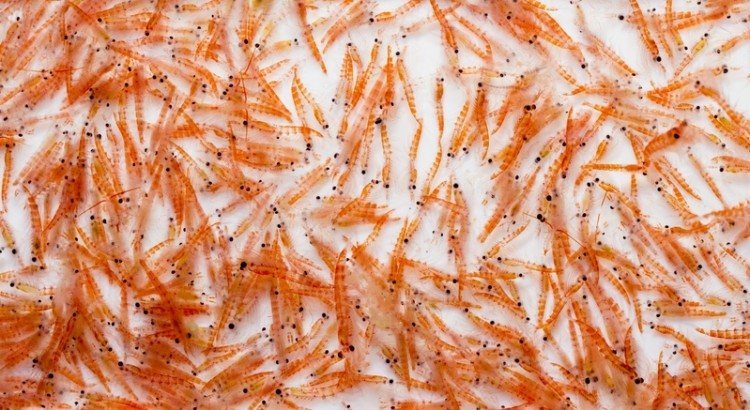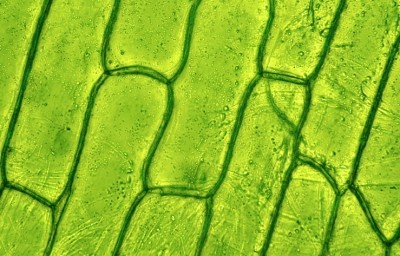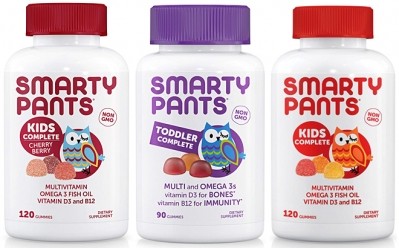Aker writes new chapter in krill story casting it as choline source

Aker Biomarine says new research supports additional benefits for krill in supplying choline, an essential nutrient whose importance is increasingly recognized.
Aker is the world’s largest harvest of krill (Euphasia superba), a free swimming shrimp like crustacean that inhabits the waters around Antarctica. Aker markets krill oil for dietary supplements and krill meal for aquaculture.
Phospholipid story came first
The first story about krill oil as a supplement ingredient was the phospholipid form of the ingredient, which was viewed both as a more digestible and a more ‘bioefficient’ way to deliver the critical omega-3s: EPA and DHA. Aker had long marketed the ingredient as an alternative method for the delivery of these omega-3s, one that avoided the ‘fishy burps’ that some consumers complained of.
Consumer research at the time listed fishy burps as the No. 1 reason consumers stopped taking fish oil supplements. A national ad campaign by MegaRed, a consumer brand then owned by Schiff Nutrition (now part of Reckitt Benckiser) was highly successful in raising the profile of krill oil and drove MegaRed to the position of best selling omega-3s SKU of all.
But over the years Aker has sought to broaden the ingredient’s message. The company wanted to present krill oil as a healthful ingredient in its own right, and as not just an alternative delivery mode for omega-3s.
“The interesting thing about choline is that it is an essential nutrient,” Hoem told NutraIngredients-USA. Choline is required for numerous biological processes, including the synthesis of neurotransmitters, and it is an important prerequisite for structural integrity and the functioning of cells. The ingredient was recognized as essential by the Institute of Medicine in 1998.
Importance of choline
A choline-rich diet provides crucial choline sources, yet additional choline dietary supplements might be needed to fully meet the body’s requirements. The new research, sponsored by Aker, and published in the journal Nutrients, makes the case that up to 90% of Americans do not get the recommended 550 mg of choline a day for men and 425 mg for women. And even in the EU, where recommended intakes are lower, few consumers get enough.
In order to test krill’s effectiveness of krill as a choline source researchers compared Aker’s SuperbaBoost krill oil ingredient agains choline bitartrate, a common form of the ingredient used in supplements. Choline supplementation results in free choline in the bloodstream various requirements of the body, but is also further converted into different metabolites. Betaine is an oxidation product of free choline and is important, for the formation of the essential amino acid methionine, among others. Betaine itself has two metabolites. One is Dimethylglycine (DMG) a metabolite of betaine that serves as an important source of the amino acid glycine and of methyl groups for biochemical reactions. The other is trimethylamine N-oxide (TMAO), which is undesirable and is implicated in some diseases such as cardiovascular and renal disease.
“It is one of the key ingredients for the biochemical highway of the body,” Hoem said.
Aker did a study through a German contract research organization with 18 subjects divided into three groups, one using krill oil, the other taking choline bitartrate and the third a placebo.
“Although the plasma concentration vs. time profiles of free choline itself were comparable between both choline sources, a distinct rate of choline metabolism to its derivatives (betaine, DMG and TMAO) was observed. While betaine and DMG levels were somewhat elevated following phosphatidylcholine intake compared to choline bitartrate, the inverse pattern was observed regarding TMAO plasma levels, which were higher upon choline bitartrate intake than phosphatidylcholine. These data clearly indicate that choline metabolism by the gut microbiome, and thus TMAO generation, varies considerably depending on the provided choline source. Besides being an acknowledged source for omega-3 fatty acids [60], this study clearly confirmed that SuperbaBoostTM krill oil is also an adequate source for choline and for its metabolites betaine and DMG, without elevating TMAO levels,” the researchers concluded.
Free choline level tends to remain steady
Hoem said an important thing to note about free choline is its one of the molecules in the body whose levels in the blood are hard to manipulate. That leads the question of whether it would be wise to do so even if it were possible.
“When you look at plasma curve of choline it is under extreme physiological control,” Hoem said. So the lack of difference on this measure between the krill oil and choline bitartrate groups is not a significant finding, he said.
Hoem said on the strength of the research Aker can now market krill for the additional benefit of supplying this essential nutrient. It builds on the story that Aker has been making of krill more closely mimicking its presentation in the source material of the bodies of krill than some fish oils might. A serving of salmon would including triglycerides, free fatty acids and phospholipids, Hoem said. Refined fish oils, on the other hand, are almost entirely made up of the triglyceride form of the ingredient.
Source: Nutrients
doi: 10.3390/nu11102548
Plasma Kinetics of Choline and Choline Metabolites After A Single Dose of SuperbaBoost Krill Oil or Choline Bitartrate in Healthy Volunteers
Authors: Mödinger Y, et al
















